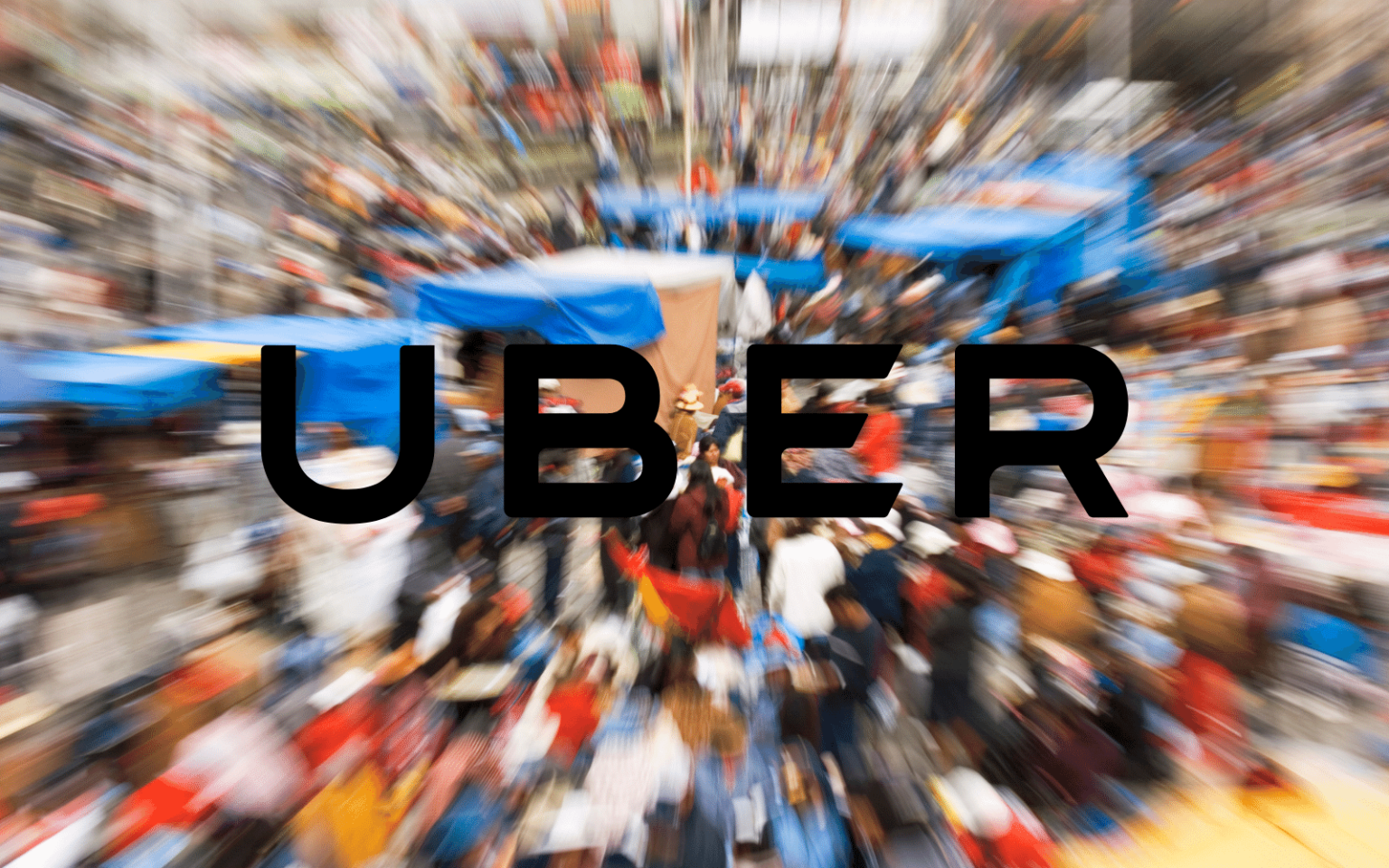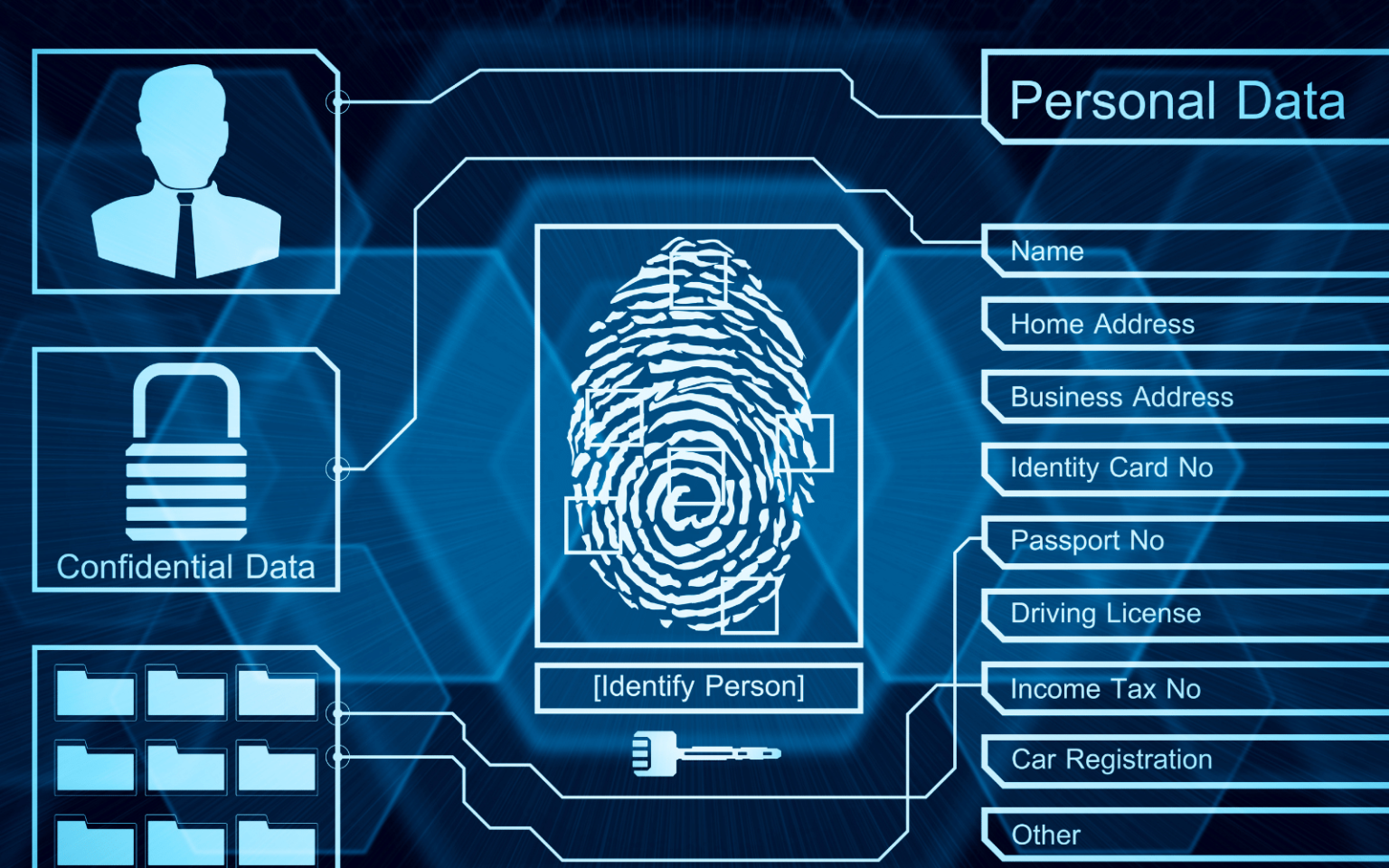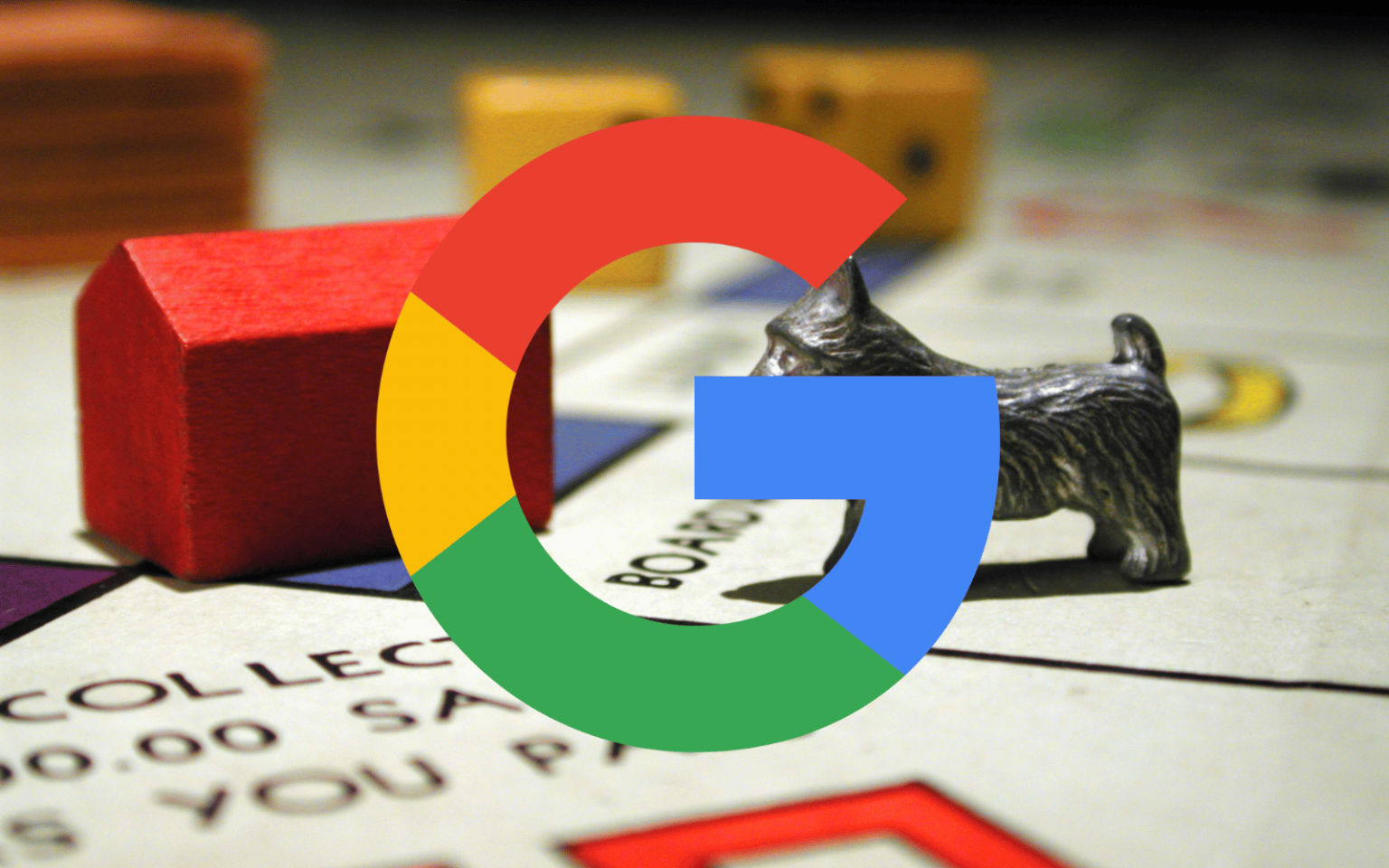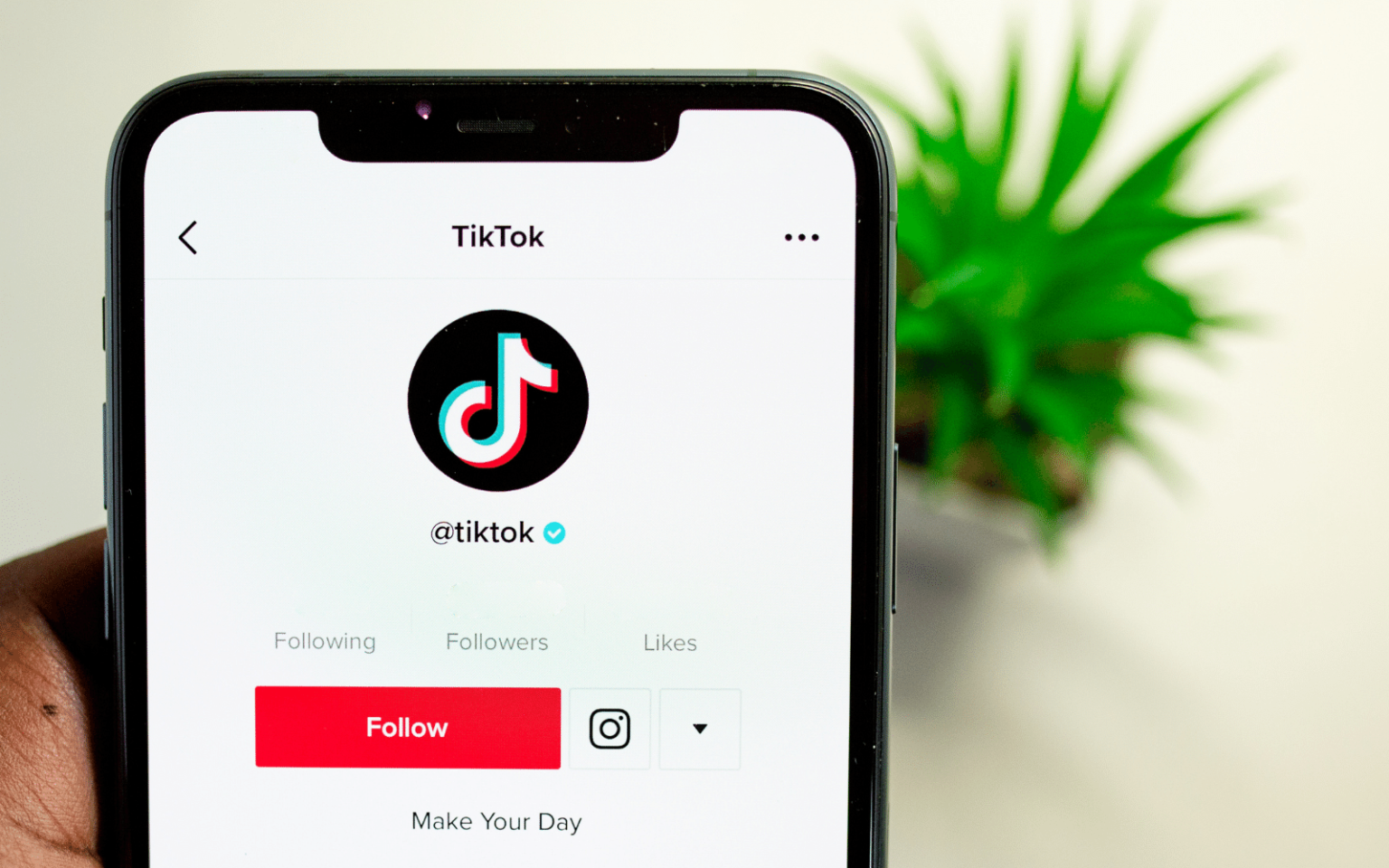Uber promised its drivers they would be entrepreneurs in charge of their own destiny, but the ride-hailing company ultimately had “a business plan that proved to gradually undermine their own drivers,” writes the Washington Post. “Top executives advised local managers around the world to spend millions of dollars on lucrative incentives for new drivers and then steadily raise Uber’s commission, depriving those drivers of income and increasing the money that flowed to Uber,” according to the Uber Files leak of 124,00 documents demonstrating the cut-throat approach to its own drivers. This cache of emails, presentations, and text messages from 2013 to…
Author: Toby Shapshak
The last time I left London, having caught the Heathrow Express to the airport, I hung onto my plastic Oyster card, which still had a few Pounds of credit on it. When I went back to London for a family holiday earlier this month, I still had that card, as well as a long-since expired SIM card. I have both of those essential items from the many countries I have visited over the years. Knowing a bit about tech has made it possible to get around the world without breaking the data roaming bank. It has also let me occasionally…
Please send a copy of your ID or passport, I am often asked. Sometimes it’s for events, sometimes to book a flight. But my answer is always no. No, I reply to the email. I don’t even keep a digital version or picture of these utterly important documents on my devices, let alone do something as foolhardy as sending them via email. Most companies and travel agents are just stumped. Some try to reassure me that “this is how we always do it” or “we’ve never had a problem”. I politely point out that if my personal details were somehow…
Steve Jobs was a legend when he headed Apple. That impression has only grown after his passing. But who was he, really? His wife, his successor, and his designer will tell you if you’re in the Beverly Hilton on the 6th of September. The rest of us will read about it here or watch it on YouTube. Jobs’ widow Laurene Powell Jobs, iPhone designer Sir Jony Ives and captain of a $1-trillion company, Tim Cook, will speak at the Code Conference this year. Steve Jobs for everyone Cook has taken Apple into the stratosphere, although he is often critiqued for…
The only way I know that there is load shedding is when my street’s WhatsApp group starts asking “does anyone have power”? I feel guilty just writing about it because last year my wife and I took the plunge and went off-grid. We both work from home and we both need constant electricity and connectivity. We used the solar installer my in-laws have been using and our lives literally changed. Now, we never experience blackouts anymore. I’ve often driven home after dark, and our house is the only one for several blocks with lights on. When people ask for our…
Will your next iPhone have a USB-C port instead of Apple’s proprietary Lightning port? It seems highly likely given the landmark ruling by the EU to force all gadget makers to use this new universal port by the end of 2024. With this legislation in place, Apple has no choice but to sell iPhones in Europe with the newer, better, faster USB-C port. Given that it already uses this standard for its laptops and iPad Pro tablets, it seems highly unlikely that it would have two different ports for Europe and the rest of the world. It’s frankly about time.…
Gwede Mantashe is going to be pissed. Someone at Eskom has found out about batteries. Big ones. It gets worse for the non-practising energy minister: they have bought a few – about 500 megawatts in total. Even worse, Eskom has given it an acronym. Bess – for battery energy storage system. That means it’s serious. An acronym means that it’s talked about enough to need one. The Bess project is a potential game changer for South Africa’s energy supply, as any who look to the future, instead of the past, for a way out of rolling blackouts. “This is the…
The Competition Commission made a blockbuster announcement this month that Google needs to highlight, better, which results are paid for, potentially disrupting how the search engine giant shows its advertising. The commission also focused on Google’s monopoly as the default search engine for Android smartphones. The only surprising thing about this is why it took so long. Google enjoys an unrepentant monopoly in search, both in South Africa and globally, while also dominating in mobile operating systems through Android. “The inquiry has provisionally found that Google Search plays an important role in directing consumers to the different platforms, and in…
After a 15-year wait, the government has suddenly leapt into, well, more talk about how is going to solve Eskom’s rolling blackouts. Only politicians seem to think making a speech constitutes action, no matter how heartening it is to hear President Cyril Ramaphosa actually address the most important problem in the country. To say South Africans are skeptical is an understatement. Just a few weeks ago, Ramaphosa was talking about a second Eskom. When he announced the 100MW increase in self-generation capacity last year, it seemed like a breakthrough. But in the background, nothing changed. All the unnecessarily long processes…
For the past fifteen years, the social media revolution has been led by Silicon Valley. Facebook and Twitter (following on from MySpace et al) came to define this new form of content sharing – using targeted advertising based on personal information to become a $1-trillion company and make CEO Mark Zuckerberg and his lieutenants the most powerful (and some of the richest) people in the industry. After controversially acquiring Instagram and WhatsApp, Facebook then broke most of its privacy promises and began assimilating these diverse caches of data into one giant database that it has admitted (internally) that it has no idea…










